Proposals target SBP financing, tax exemptions, and infrastructure for recycling and waste-to-fuel transition and shared with Finance and Climate Ministries
ISLAMABAD: In alignment with the reform priorities outlined under the IMF’s Resilience and Sustainability Facility, CoRe—the country’s first alliance dedicated to sustainable packaging—has submitted a policy proposal to the government ahead of the Federal Budget 2025–26. The Alliance has urged policymakers to unlock Pakistan’s circular economy potential through tax reforms, financial incentives, and infrastructure development.
As part of its submission, CoRe has called for a five-year income tax exemption for Packaging Recovery Organizations (PROs), removal of tariffs on recycling machinery and Reverse Vending Machines, and the introduction of GST exemptions for services related to sorting, collecting, and recycling waste. The Alliance also recommends that companies using recycled materials or meeting specific recycling benchmarks be offered tax rebates or other financial incentives. Furthermore, CoRe is seeking support from the State Bank of Pakistan to provide financing mechanisms for businesses involved in the recycling sector, particularly in developing infrastructure to convert plastic waste into fuel. Together, these measures aim to formalize Pakistan’s informal recycling economy, promote sustainability, and attract green investment.
These recommendations arrive at a critical time. The Asian Development Bank estimates that Pakistan’s annual solid waste generation could climb to 42 million tons by 2030—far outpacing the nation’s existing recycling capacity.
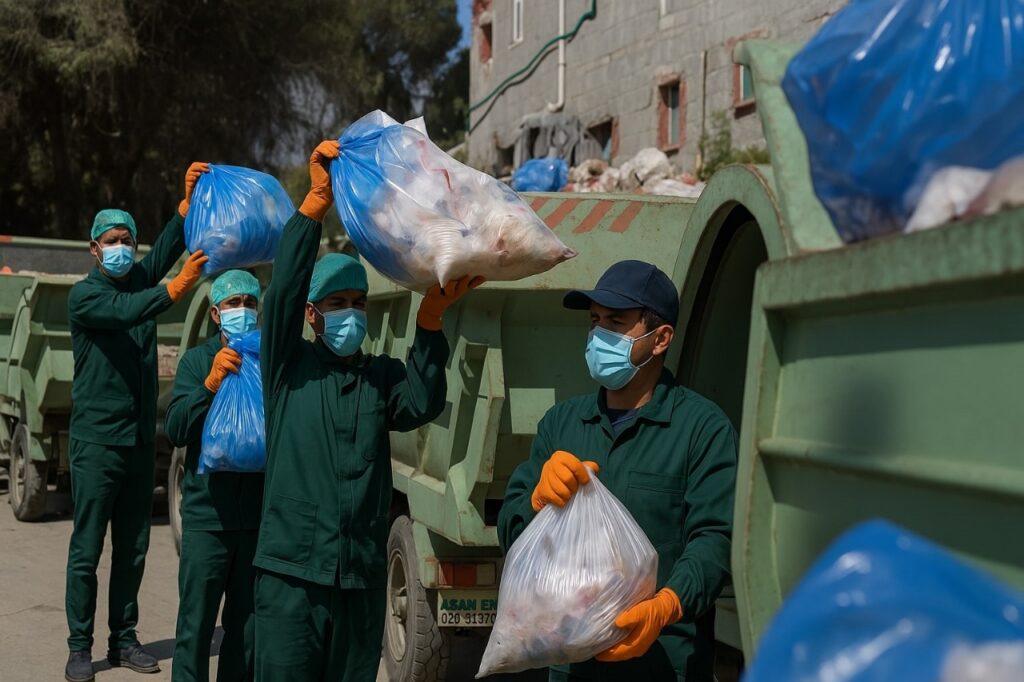

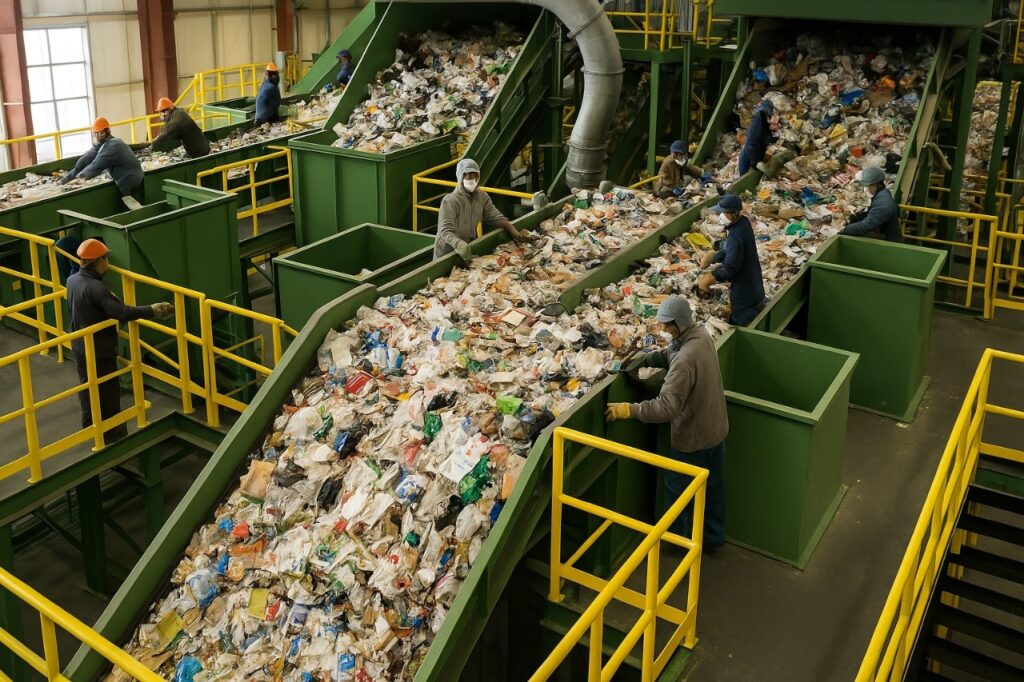
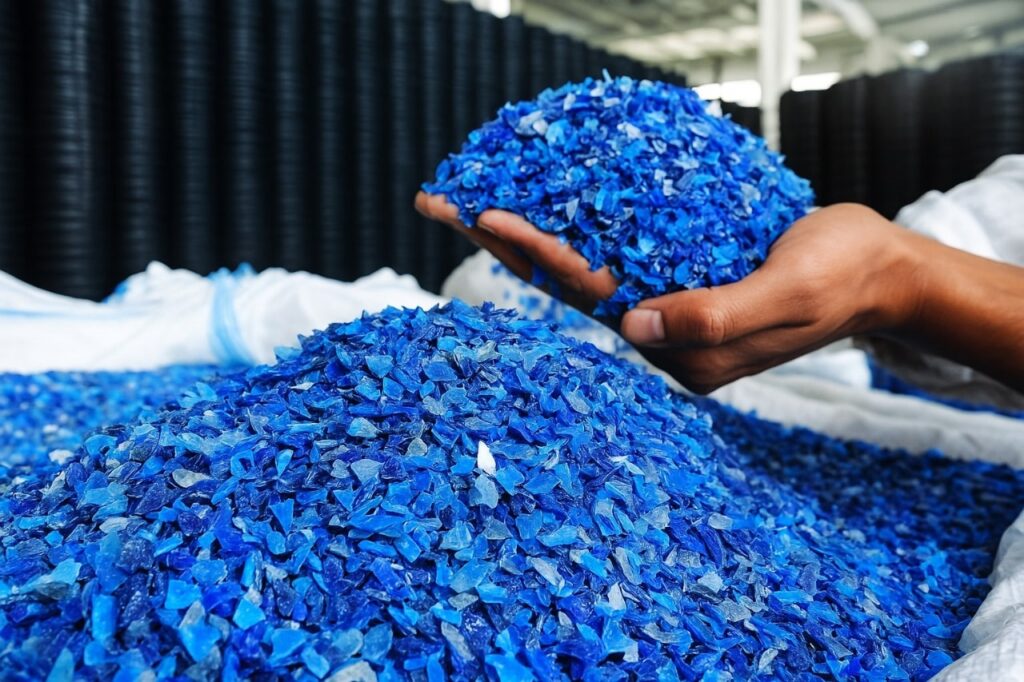
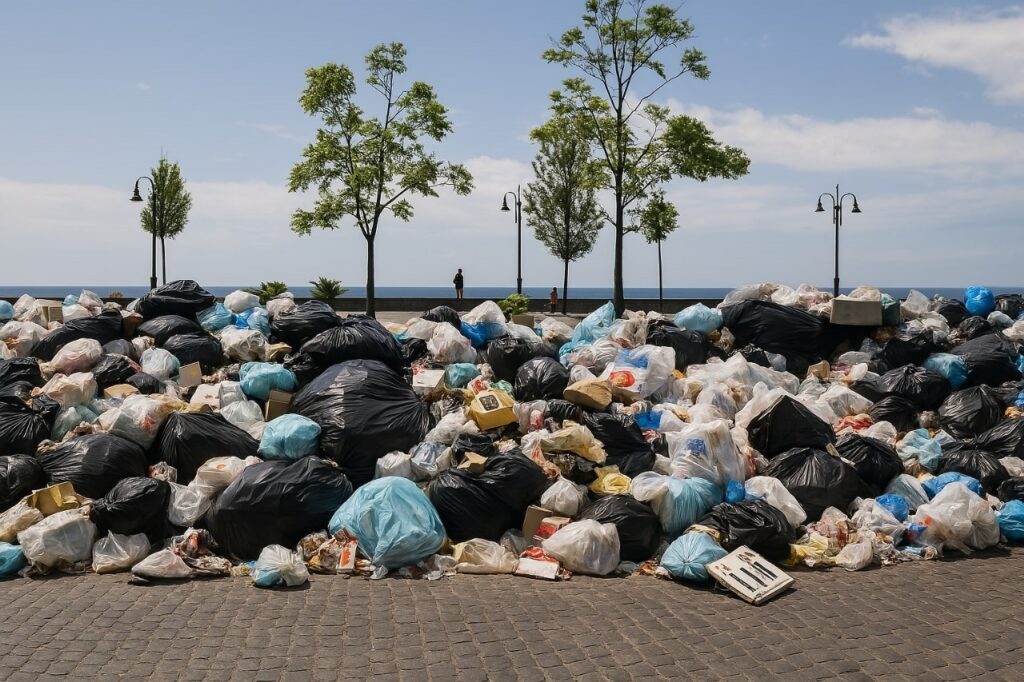
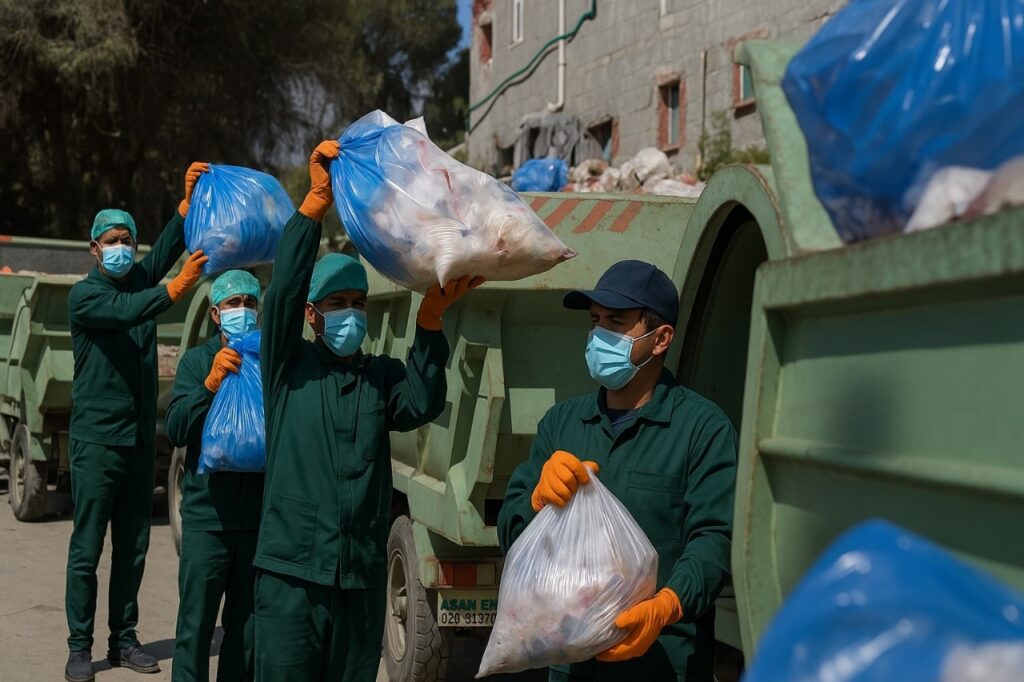
Sheikh Waqar Ahmad, CEO and Founding Board Member of CoRe, emphasized, “CoRe’s recommendations are intended to support the government’s broader sustainability agenda, which has advanced under a possible arrangement under the Resilience and Sustainability Facility as part of the Staff Level Agreement with the IMF.”
He added, “The budget 2025–26 is a key opportunity to introduce policies supporting waste management and these measures will drive economic growth through sustainable investments and a waste-free future.”
Hammad Naqi Khan, CEO WWF-Pakistan and Board Member CoRe, stressed the need for policy-driven action, stating, “Incentivizing collection and recycling promotes circularity and is key to tackling Pakistan’s waste challenges.”
Babar Aziz Bhatti, CEO Green Earth Recycling and Chairperson of CoRe’s Extended Producer Responsibility Committee, added, “Investing in collection and recycling infrastructure is key to reducing waste, generating green jobs, and driving sustainable development in Pakistan.”
These proposals were presented to Finance Minister Muhammad Aurangzeb and Climate Change Minister Musadik Masood Malik, reinforcing CoRe’s commitment to advancing a circular economy through public-private collaboration.
Earlier in February, CoRe organized a multi-stakeholder dialogue to promote environmental policy reform. A major outcome of that discussion was a consensus on harmonized environmental regulations across provinces to improve recycling coordination.
CoRe continues to advocate for sustainable waste management aligned with global commitments, including SDG 12 (Responsible Consumption and Production), SDG 13 (Climate Action), and SDG 17 (Partnerships for the Goals).
About CoRe Alliance
Current members include the Circular Plastics Institute (CPI), Coca-Cola, Ecolean, English Biscuit Manufacturers, Engro Polymer & Chemicals, Five Star Polymers, FrieslandCampina, Green Earth Recycling, Jazz, Lucky Core Industries, METRO, Mondelēz Pakistan, National Foods, Nestlé Pakistan, Novatex, Packages Limited, PARCO, PepsiCo, SDPI, SPEL, Tetra Pak, Parco Gunvor, Unilever, UNDP, and WWF-Pakistan.

